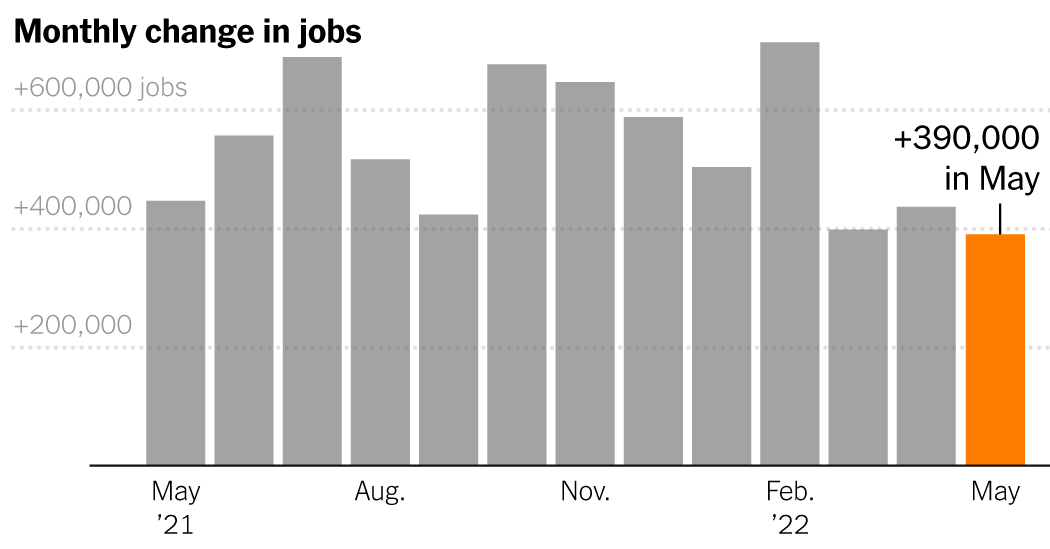
But a broad range of economists and policymakers, including Jerome H. Powell, the Fed chair, stress that more modest wage gains when paired with milder prices will be more sustainable for all workers, who are also consumers, in the long run.
“The Fed at this point is saying, look, we’d rather head off inflationary pressures, because if we have to slam on the brakes, then we’re going to cause a recession and it will be worse for these underserved communities,” said Gerald Cohen, an economist at the Kenan-Flagler Business School at the University of North Carolina. “It’s a challenge, because they want to pull people into the labor force. They know the way to do that is through higher wages. But higher wages can also breed higher inflation.”
For employers, too, the prospective change in the economic picture may not be spread evenly.
“Businesses with high profitability, easy access to capital, the capacity to automate and pricing power are still eager to hire,” said Bill Adams, chief economist at Comerica Bank, a large commercial bank based in Texas. “But businesses that are seeing their margins squeezed by rising costs, like hospitality, or that are seeing demand soften, like retail, are pulling job postings as their outlook softens. And competition for workers is squeezing lower-paying employers out of the job market.”
Richard Canny, the president of Ultimation in Roseville, Mich., is feeling that squeeze. His company’s conveyor belts and simple robots for use in warehousing and distribution sold briskly during the tight labor market, as e-commerce companies sought to make each worker more productive.
With 45 employees, Mr. Canny said, Ultimation has managed to stay at full staffing by raising wages — to $17 to $18 an hour to start, from around $13 to $15 — as well as offering perks like parental leave and partial tuition reimbursement. His white-collar employees have retained the flexibility to work from home. All that, he said, is necessary to compete with big employers in the area like Amazon.
“Small companies historically haven’t had to offer the same kind of benefits as the large ones, but I think that’s changed since Covid,” Mr. Canny said.




